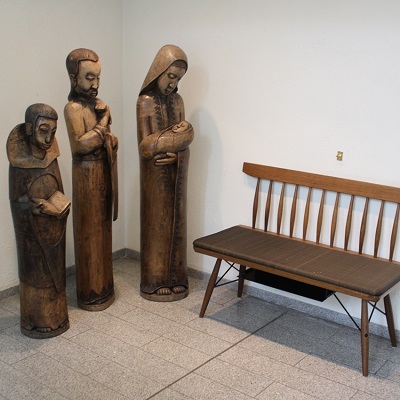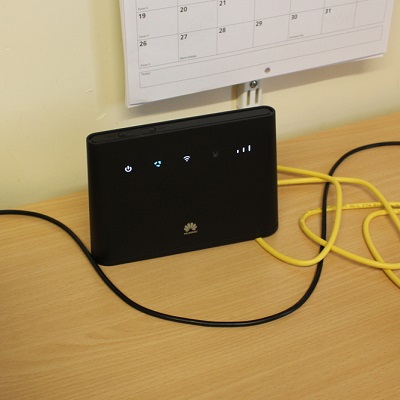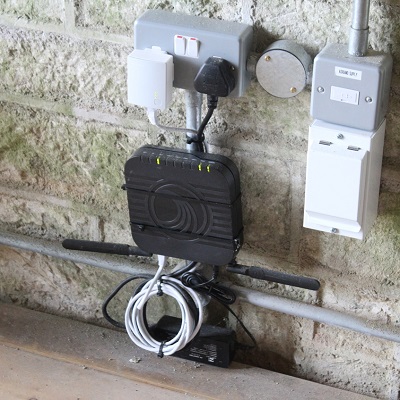Digital infrastructure and the Church of England
For over 25 years, churches have been hosting mobile-phone infrastructure to provide services to local people, and this role has become more important with the advent of smartphones and other devices requiring internet connectivity. In February 2018, an accord was signed between the Government and the National Church Institutions to support this further, and in particular to support poorly served areas in the country.
Our intention in signing the digital connectivity accord was to offer people in rural and poorly connected areas the chance of equality of digital access with those in cities. We know from various government and independent studies that this is a priority for the majority of those who live in rural areas (for example this study by Rural England).
Why is the Church of England interested in digital connectivity?
The Church of England is unique in having a physical presence in almost every community, and our mission has always been one of service to local people. Having taken suitable advice on both the need and the possible risks we decided to work with the Government to see if our buildings could be used to support communities in achieving connectivity.
This does not commit any individual church to any particular action. And, given the government’s focus on rural digital connectivity, most areas of the country will soon be connected to mobile and broadband signals; whether the Church takes part or not. However, having done much background research, we believe we have made a responsible choice in encouraging churches to consider their digital possibilities. Our priority is to ensure that churches remain at the heart of serving their community, and we know that digital connectivity represents a real need.
Concerns about connectivity in churches
As with many other public- and third-sector bodies, we take advice from organisations set up explicitly to provide such expertise. In considering digital connectivity, we consulted the World Health Organisation and Cancer Research UK.
The WHO concludes that there is no convincing evidence that the electrical emissions from masts installed within the guidelines can cause harm to health. (Link.) Cancer Research UK, discussing cancer risk, state that:
“So far, the scientific evidence shows it is unlikely that mobile phones could increase the risk of brain tumours, or any other type of cancer.” (Link.)
These conclusions are based on peer-reviewed scientific studies, and if contrasting reports ever do arise, we will adjust our advice accordingly.


